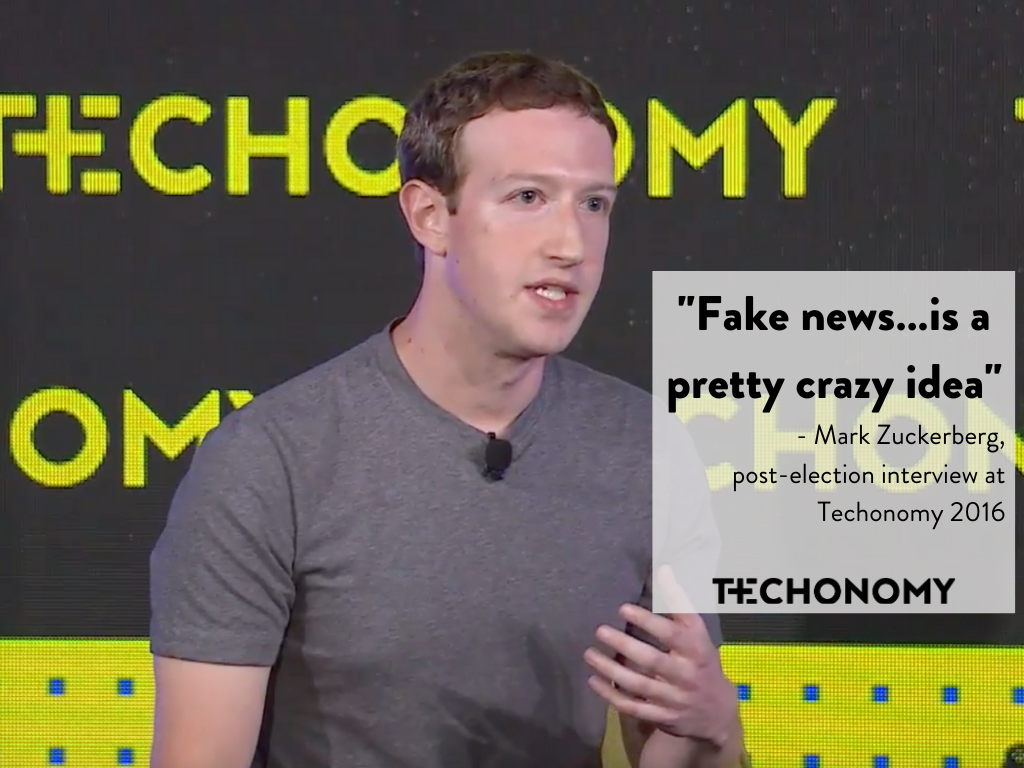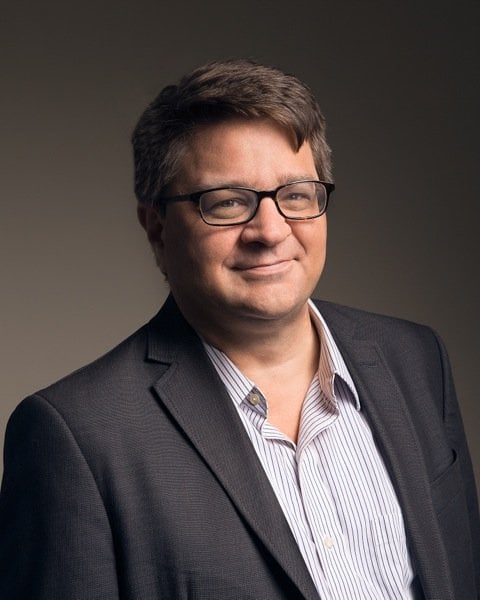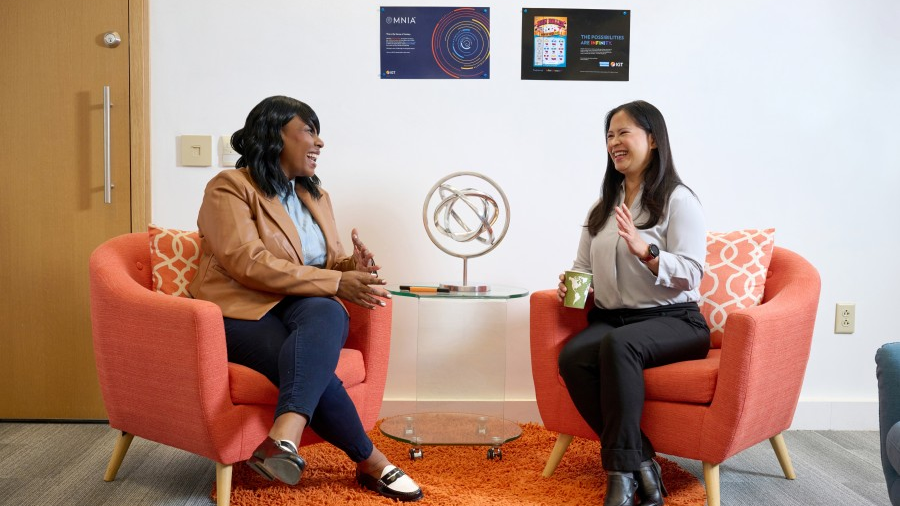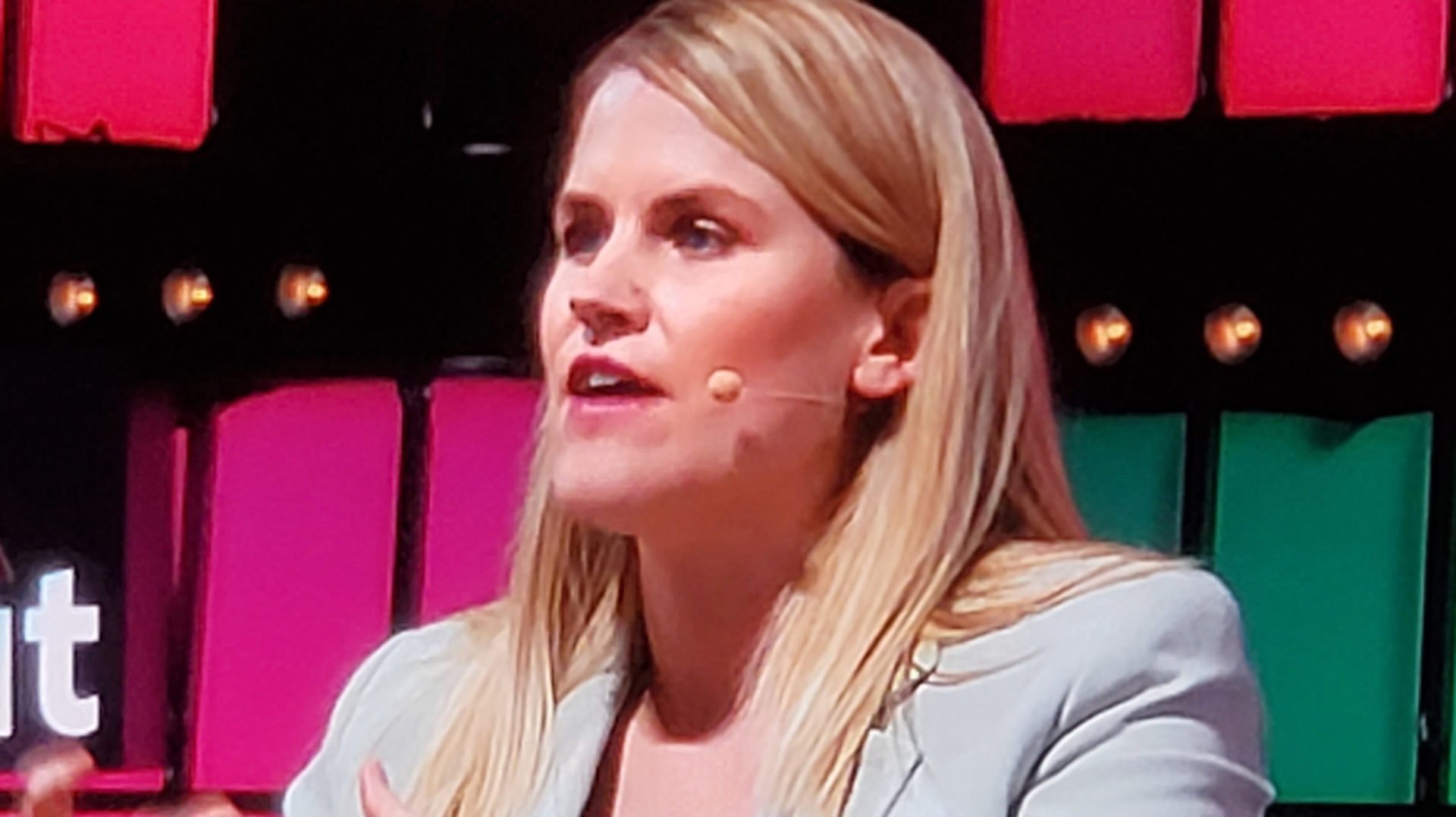The lightning-fast rise of NFTs is having a profound impact on the world of art auctions and sports collectibles, and represents the first mass application of blockchain technology beyond the world of cryptocurrency. It’s a potentially transformative moment for blockchain; as Future Perfect Ventures founder Jalak Jobanputra said recently in a Techonomy roundtable: “It’s been exciting to see artists and creators get involved in the conversation, because crypto has been a very technical conversation for many years.”
At Techonomy, we’ve met the rise of NFTs with a mixture of astonishment, skepticism and curiosity. But we also realized that we can make meaningful contributions to the NFT conversation. We have conducted hundreds of live public interviews over the last decade, capturing the insights of prominent tech CEOs, academics, and public policy and nonprofit leaders. Many of those interviews remain relevant today; indeed, in many cases they have become more relevant with the passage of time.

A case in point: two days after the November 2016 election that put Donald Trump in the White House, Techonomy founder David Kirkpatrick interviewed Facebook CEO Mark Zuckerberg onstage at the Techonomy 2016 Conference in Half Moon Bay, California. One of the hot topics of the moment was whether Facebook’s hands-off policy regarding coordinated disinformation had influenced the election’s outcome. When Kirkpatrick asked Zuckerberg whether or not fake news on Facebook had played a role in the election of Trump, the Facebook CEO wholeheartedly rejected the premise: “Personally I think the idea that fake news on Facebook, which is a very small amount of the content, influenced the election in any way — I think is a pretty crazy idea. Voters make decisions based on their lived experience.”
Over the next several weeks and months, Zuckerberg came to regret that sweeping dismissal, which became notorious, as more and more of the world came to disagree with him. Among other things, the revelations that emerged from the Cambridge Analytica scandal helped document the degree to which fake news had been weaponized by Russian agents and others on Facebook in order to alter the election’s results and increase conflict among Americans. Now, though Facebook critics continue to maintain that the company does a poor job of identifying and eliminating misinformation, the company has finally put in place numerous policies designed to weed out the worst offenders.
Zuckerberg’s denial of responsibility back then remains highly relevant in part because just last week at hearings of the House Committee on Energy and Commerce he more or less said the same thing about the January 6 invasion of the Capitol. Again, he could not or would not acknowledge even that Facebook had played any kind of significant role in distributing fake news leading up to the crisis, or in engendering societal discord. Here is how he opened his remarks: “Some people say that the problem is that social networks are polarizing us, but that’s not at all clear from the evidence or research.”

Techonomy has decided to memorialize this unique piece of social media history by turning to the growing NFT movement. We have put up for auction the 30-second video clip of Zuckerberg’s “crazy idea” remark as an NFT that anyone can purchase and “own.” A portion of the proceeds from the sale will be donated to a charity that fights for democracy and freedom of speech. Bids are open now. You will need an Ethereum wallet to make a bid; you’ll find instructions here. It’s a great opportunity own a piece of social media history.
Tomorrow at 1pm Eastern time author Ledbetter joins a panel on NFTs. If you want to better understand this controversial topic, please come.
















